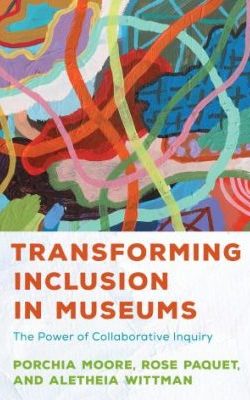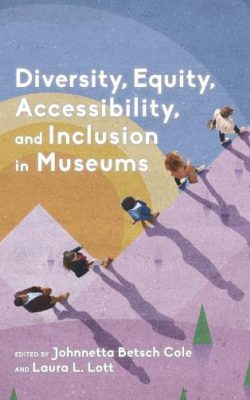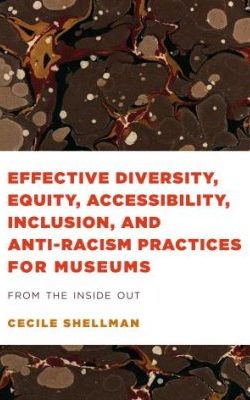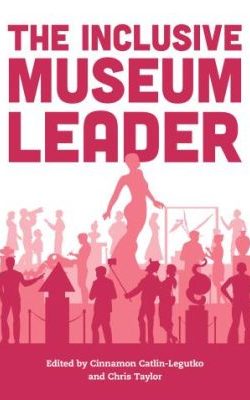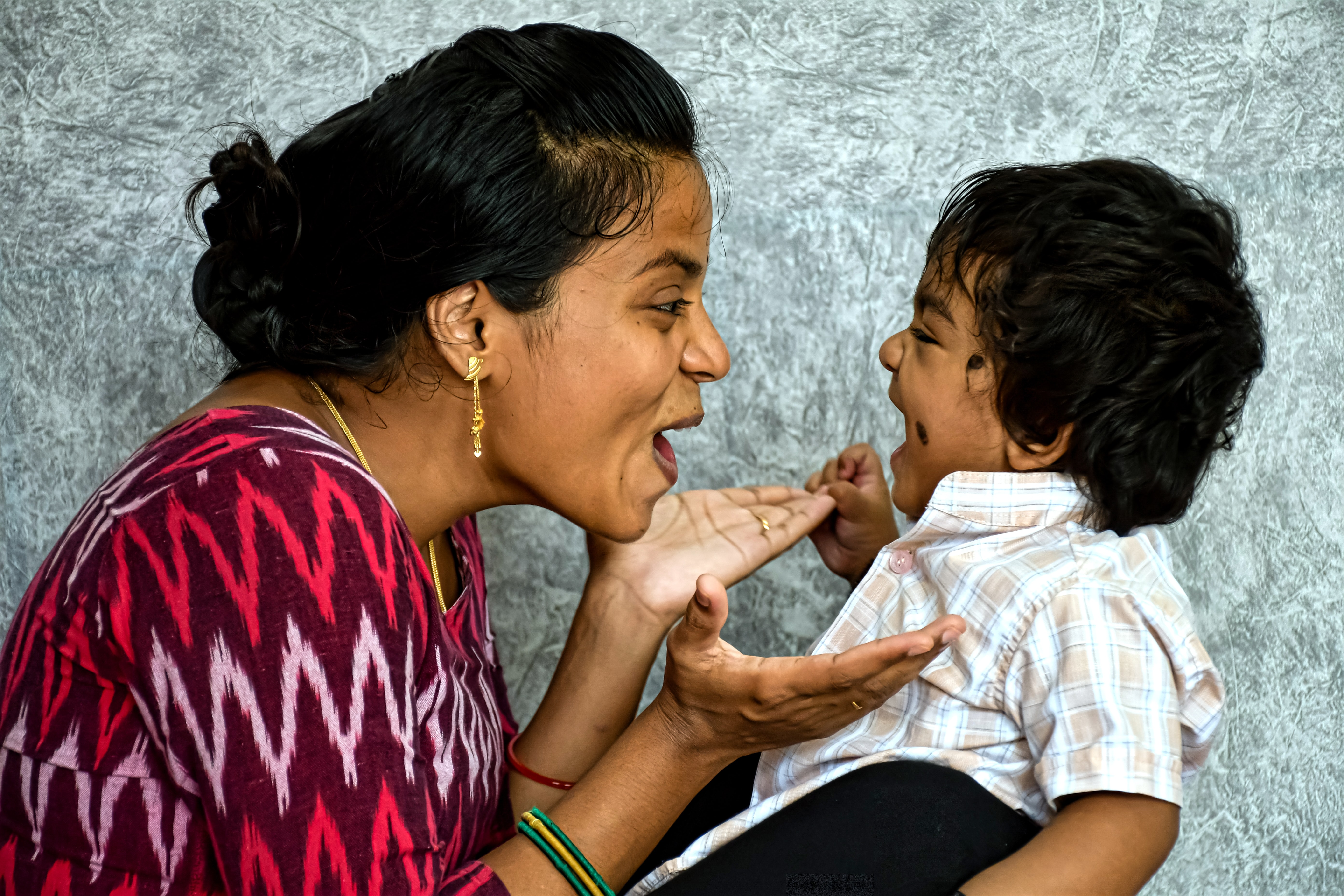
Diversity, Equity, Accessibility, Inclusion (DEAI), & Anti-racism
Museums are a vital part of how we tell the stories of who we are, who we’ve been, and how we will live together. They maintain our cultural heritage and teach us about all the ways we are different and the same. DEAI and anti-racism work is critical to the sustainability and vibrancy of the museum field and its impact on our communities. Browse hundreds of DEAI resources below.
Jump to:

Report from the DEAI Task Force
Excellence in DEAI
As a core component of AAM’s Facing Change initiative, the Excellence in DEAI report:
- Highlights the results from the task force
- Lays the groundwork that allows our field to establish a common set of Core Concepts and Key Indicators of excellence in DEAI
- Offers strategies for assessing and measuring excellence in DEAI in museums
- Provides recommendations for how AAM can better embed DEAI within the Framework for Museum Excellence
DEAI to Become Required for Museum Accreditation, Standards
We recently announced a multi-year initiative to transform the standards that guide best practices and accreditation for museums with new requirements focusing on DEAI. Learn more »
New Museum Junction Communities for DEAI Leaders and the LGBTQ+ Community!
Are you charged with leading diversity, equity, accessibility, and inclusion efforts at your museum? Join the DEAI Leaders Community on Museum Junction to connect with your peers around your unique roles and grow a strong support network.
Calling all museum professionals who identify as part of the LGBTQ+ Community! Join the new LGBTQ+ Community on Museum Junction to build your network, share your experiences, and foster new connections in a safe space.

Facing Change:
Advancing Museum Board Diversity & Inclusion
In 2019, backed by $4 million in grants from three foundations (The Andrew W. Mellon Foundation, Alice L. Walton Foundation, and Ford Foundation), AAM launched Facing Change: Advancing Museum Board Diversity & Inclusion. This three-year initiative set out to advance museum board diversity and inclusion from the top by providing the framework, training, and resources for museum leaders to build inclusive cultures within their institutions and more accurately reflect the communities they serve.
Facing Change bolstered our efforts, giving us a common language that empowered us to use the right words in the right way. It also gave us a framework to operationally define what DEAI work meant for the Zoo.
Dr. Megan Ross, Zoo Director, Lincoln Park Zoo
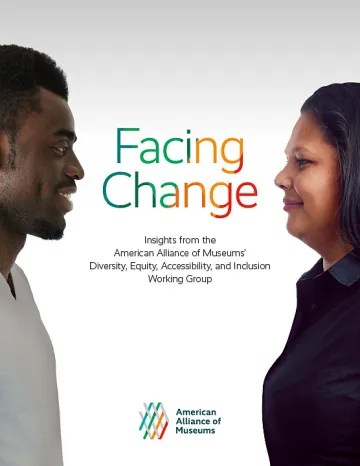
Insights from the AAM Diversity, Equity, Accessibility, and Inclusion Working Group
Facing Change
In spring 2017, AAM convened the Working Group on Diversity, Equity, Accessibility, and Inclusion (DEAI). Twenty museum professionals, representing a variety of disciplines, organizational sizes and types, and perspectives, came together for six months to examine the characteristics of effective museum inclusion practices and consider what steps the field could take to promote DEAI. This report provides insights from the working group’s conversations about big-picture ideas and specific examples from their collective experiences. This report jumpstarted Facing Change: Advancing Museum Board Diversity & Inclusion.
Facing Change
Fellows

As part of Facing Change, we enlisted the help of ten senior diversity fellows who worked over 5,000 hours to advance the DEAI efforts of individual museums, staff, and boards. Forty museums are working on their new equity plans thanks to the commitment of their fellows.
Trustee Resource
Center

The Trustee Resource Center was established as a hub of resources for museum board members committed to DEAI and advocating for their museums. With resources on advocacy, governance, and DEAI, the trustee resource center is updated regularly.
1,800 Trustees &
50 Museums
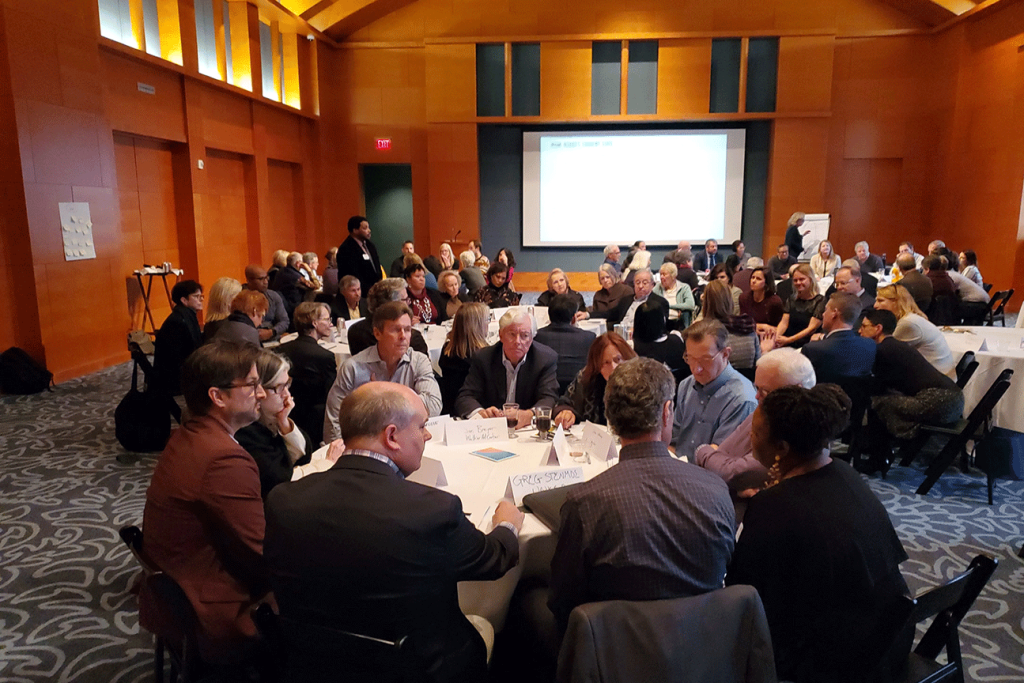
1,800 trustees from over fifty museums across five cities in the US participated in this initiative. 1,326 have taken the Intercultural Development Inventory (IDI) assessments to understand their unconscious biases better. Thirty museums have added board candidates from underrepresented identity groups that better represent their communities.
Recent DEAI Book Titles
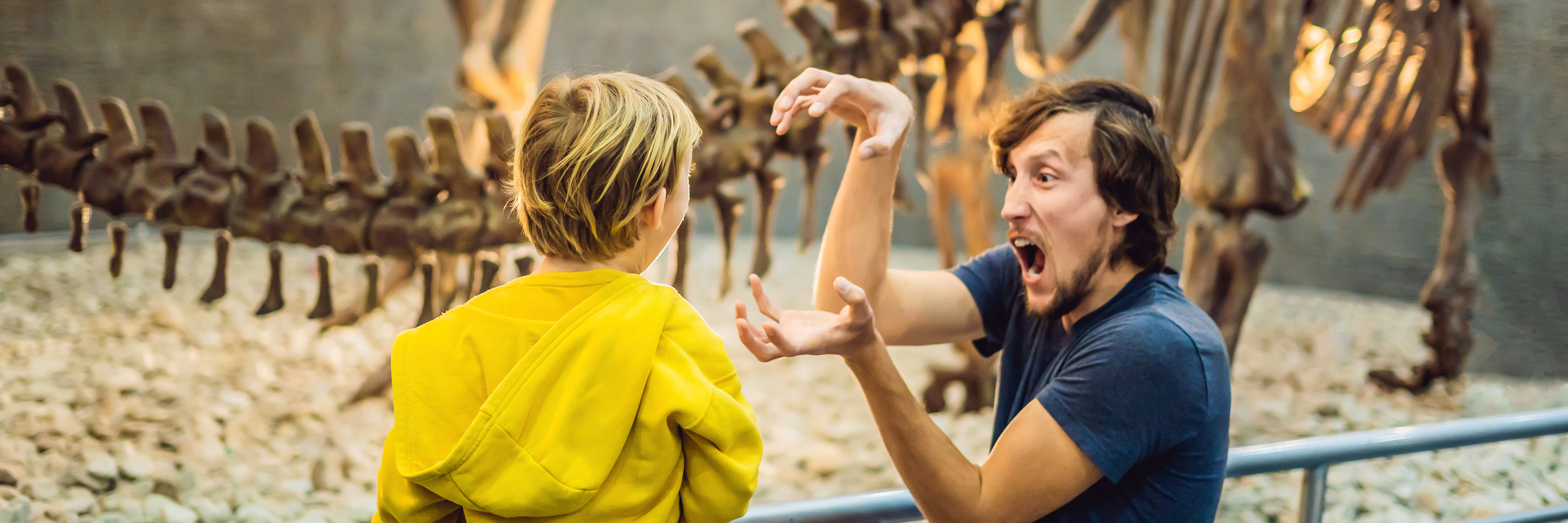
Become an AAM Member Today!
Instantly access hundreds of DEAI resources, plus thousands more on topics from education to strategic planning when you become an individual or museum member.
